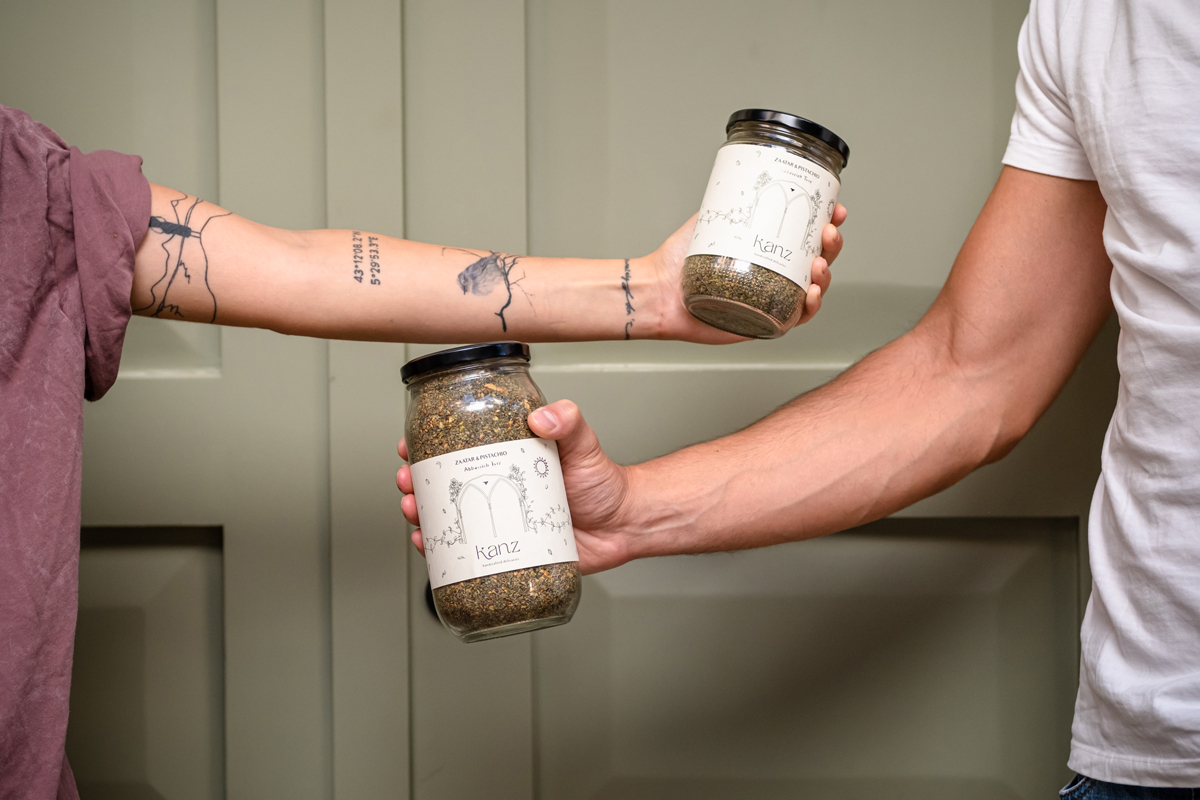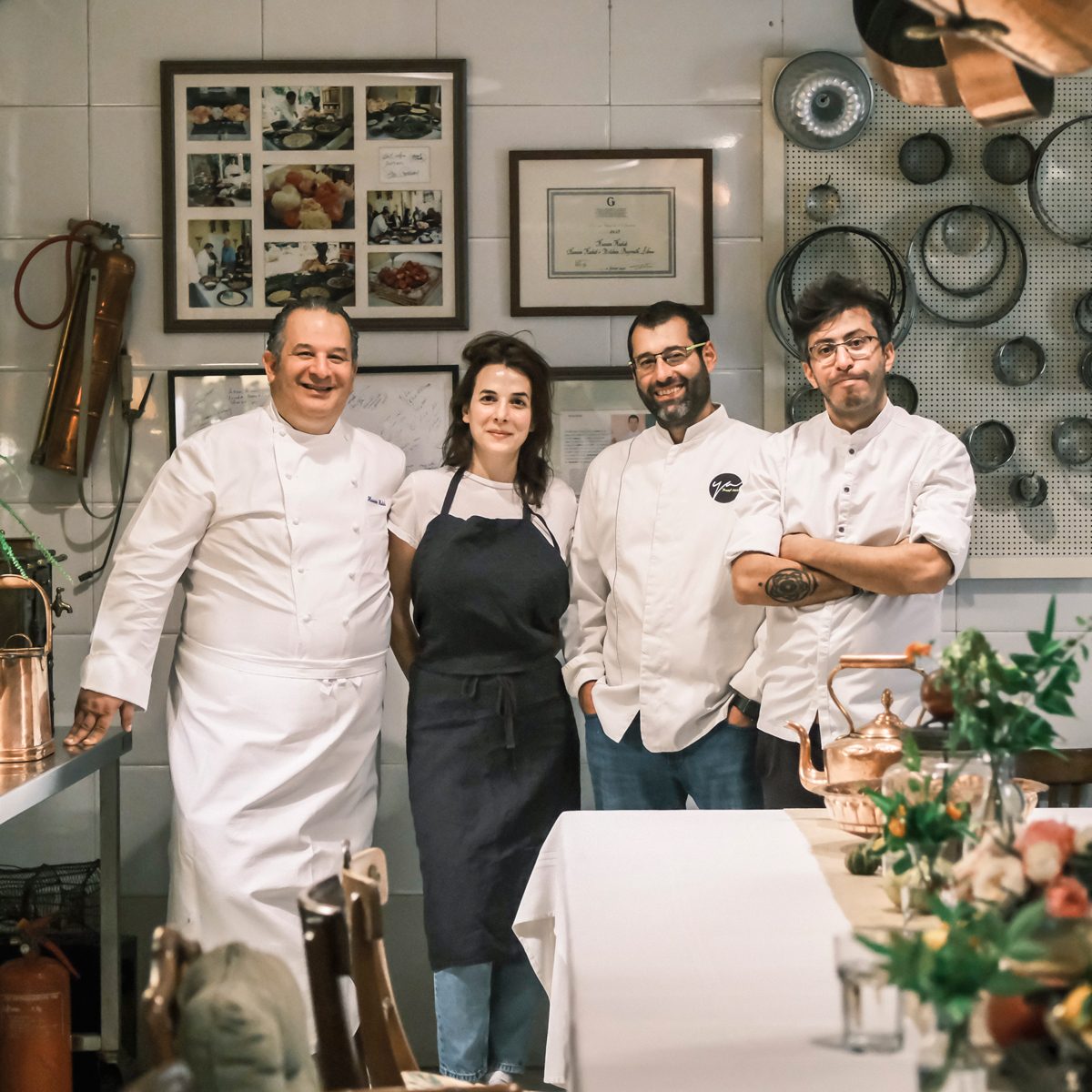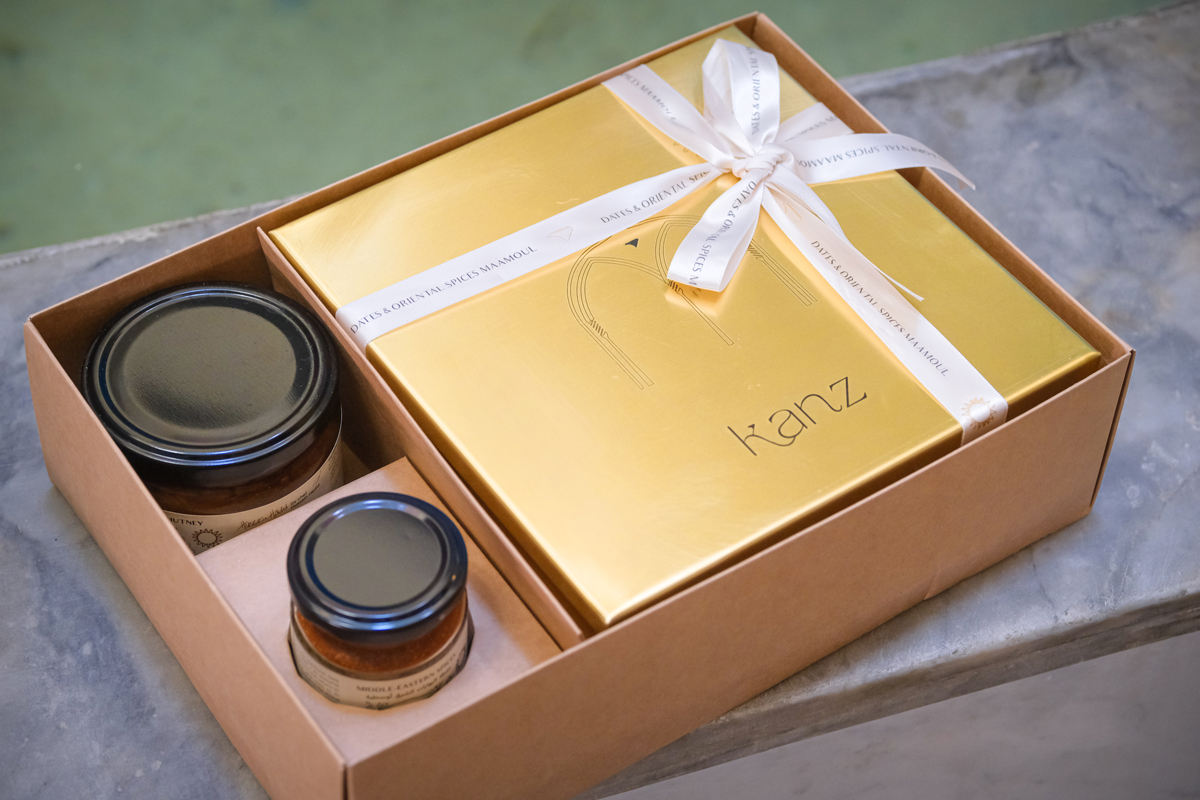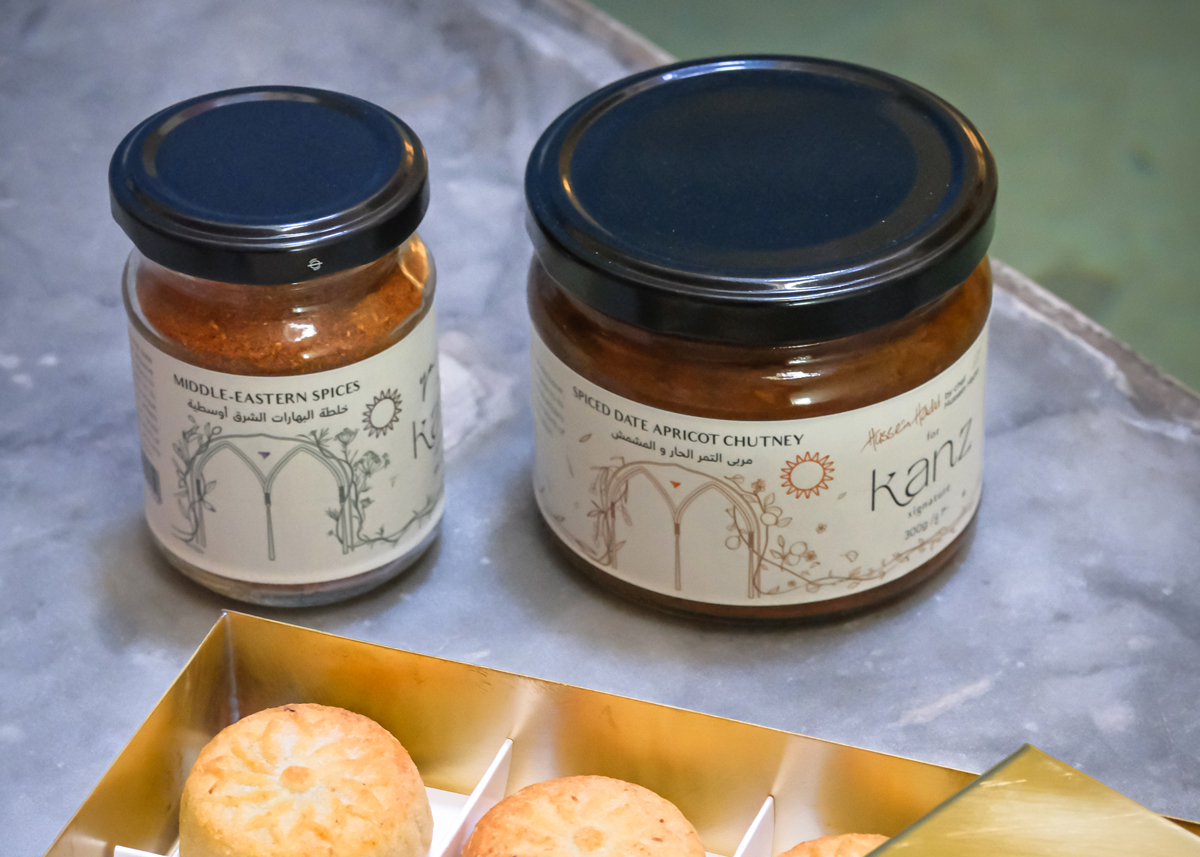Despite these extraordinarily challenging times, Lebanese NGO Beit El Baraka has remained committed to serving vulnerable Lebanese citizens, proving what can be achieved when we come together as a community and work toward positive change. We spoke to Ghady Azar, head of Beit El Baraka’s Kanz project, to hear about the unique mouneh items that not only empower women but also celebrate Lebanon’s inimitable terroir.
 You launched Kanz in December 2020. What can you tell us about the project?
You launched Kanz in December 2020. What can you tell us about the project?
Kanz aims to empower a nation, encouraging its rebirth. Our mission is to bridge the gap between Lebanese mouneh producers, who are predominantly women, and the world. Not only do we offer Kanz workers a source of income, we also redirect all profits to Beit El Baraka, an NGO that supports vulnerable retirees in Lebanon. Through Kanz, we are able to enhance the life of the Lebanese people, offering food, shelter, health and education in a dignified manner.
What motivated you to create Kanz?
Kanz was born out of a series of catastrophic events that happened in Lebanon. When the Lebanese pound collapsed and food insecurity became a real issue, the idea started maturing . It’s called Kanz (treasure) because we believe that Lebanon’s land is so precious and fertile that anything we produce is treasure. We understood that we must go back to the essence of our industrial prosperity, which was based on the agro-industry. Currently, this industry represents a very small percentage of our GDP, just 16 percent. Given the fact that the cost of imports has skyrocketed and foreign goods are no longer affordable, we are obliged to be self sufficient and rely on our incredible terroir.
We are working so hard to encourage people to buy local, elevating the quality and image of Lebanese mouneh and making it more modern.
 You worked with renowned Lebanese chefs to create the product line. How did these collaborations come about?
You worked with renowned Lebanese chefs to create the product line. How did these collaborations come about?
We were really fortunate to work with the wonderful Hussein Hadid, Youssef Akiki, Nicolas Audi, Rouba Khalil and Pierre Abi Hayla. Each of them had a different touch and vision, so we were able to add a modern feel to Kanz. Our plan is to collaborate with other local chefs in order to broaden the range.
 Where can people purchase Kanz items?
Where can people purchase Kanz items?
Kanz products can be bought via our Instagram page or by calling us on +961 81 361304. They can also be found in certain stores in Beirut and beyond, including Meat the Fish (Saifi and Faqra), The Barn in Gemmayze and Gio Delicatesse in Rabieh. In September, local and international clients will be able to buy items on the Kanz website. For now, they can be found on fromlebanon.co, a platform that offers worldwide shipping. Customers in the UAE can visit minbaladeh.world and jarra.ae.
We also have a beautiful surprise coming up: our flagship store. The location is a place that represents Lebanese identity and everything that Kanz is working on to promote. Further details will be coming soon, so stay tuned.
 Beit El Baraka also has a farm in Qartaba. Can you tell us more about it?
Beit El Baraka also has a farm in Qartaba. Can you tell us more about it?
Beit El Baraka has 500,000 square meters of land not only in Qartaba but also in Keserwan and the Bekaa. Our approach is entirely based on permaculture; we want to be soil friendly and push organic agriculture. We don’t believe in the use of chemicals nor in invasive agriculture techniques that exhaust our farms. All of our lands have been offered to us by the Lebanese diaspora, which is why we are very keen to preserve the quality of the land and give back to nature. Permaculture techniques are based on innovative ethics and a design-based process used to make agriculture more sustainable, restore soil, conserve water and redirect waste streams.
Our farms produce 150,000 kilograms of dairy products, different types of cheese, yogurt, labneh and other items. We have goats, sheep and cows, and our rabbits provide us with organic manure. In terms of numbers, we make three tons of honey and harvest 15 tons of organic fruits and 14 tons of organic vegetables every year. Some is used for Kanz but the majority of the ingredients used in Kanz items is produced by women in their villages. They cultivate and create the mouneh, which we control to ensure it meets international standards.
How close are you to becoming a self-sustainable NGO?
Our goal is to be a self-sufficient charity in 16 months’ time.
Loading
